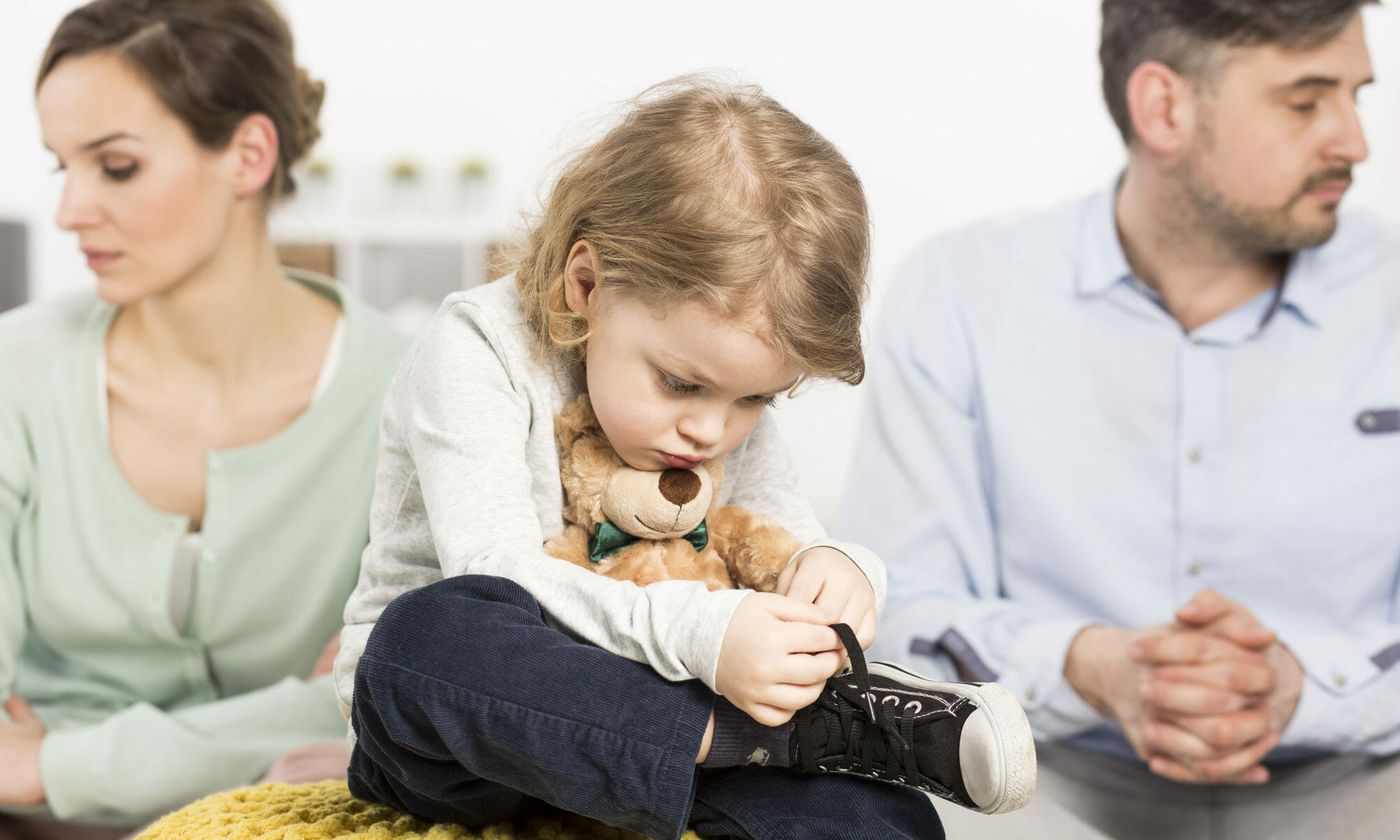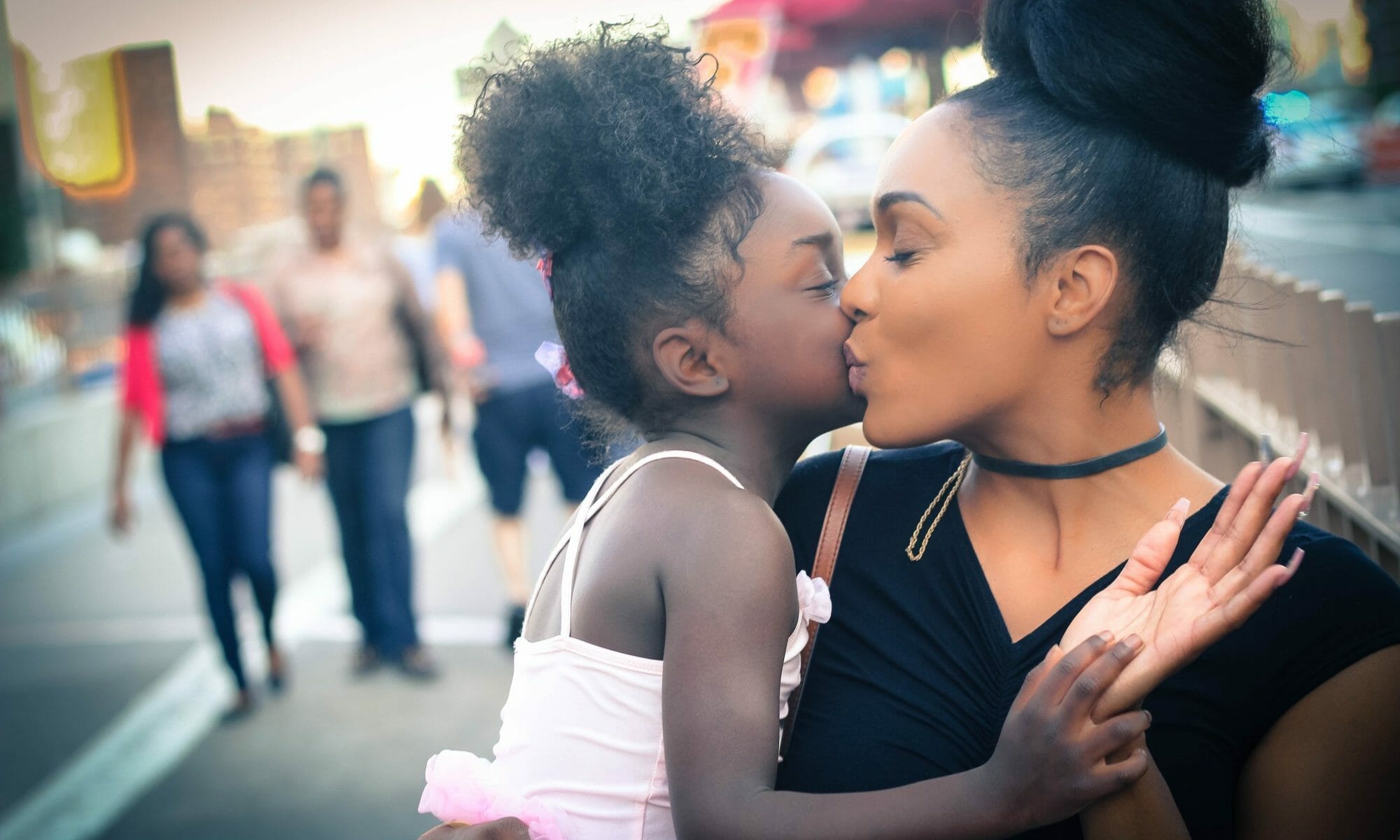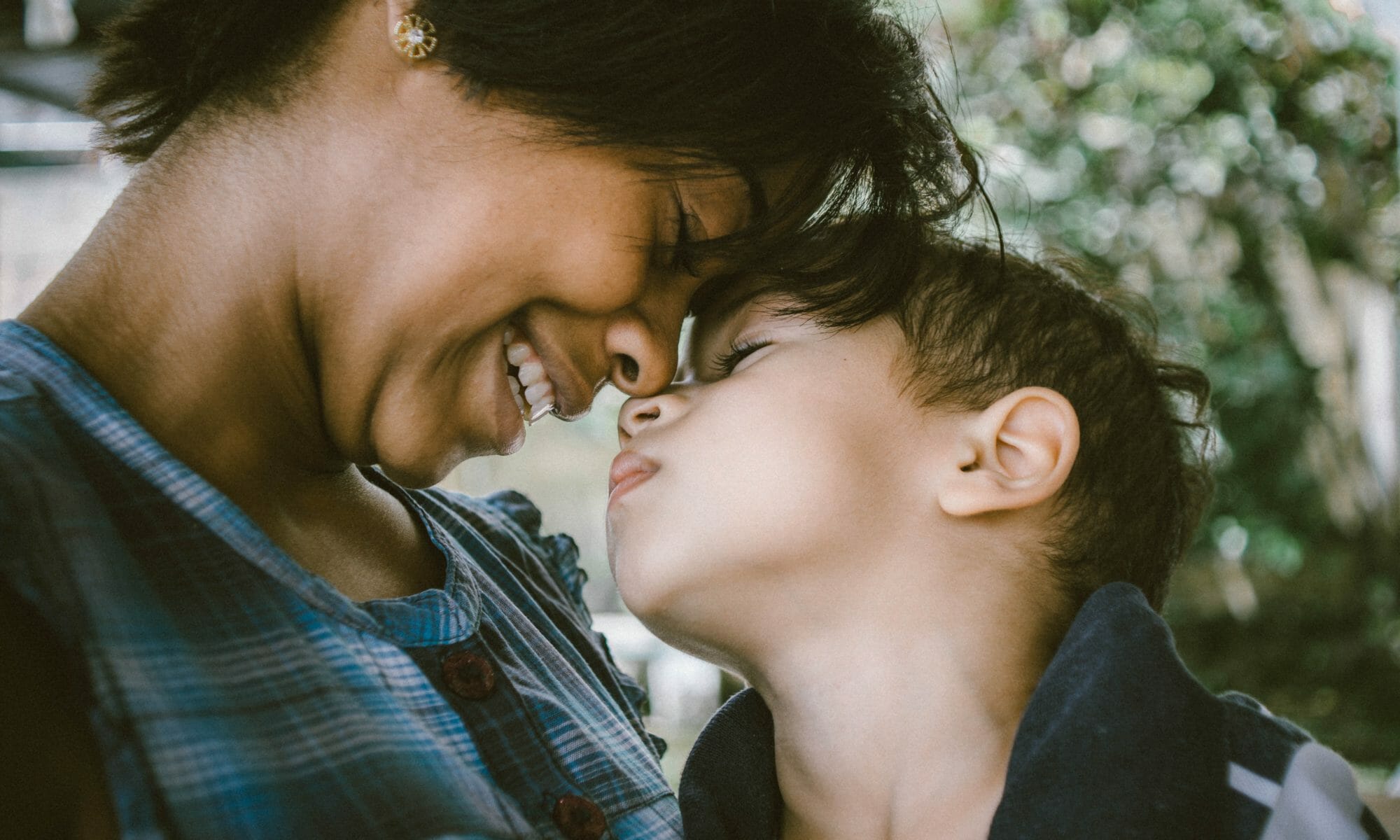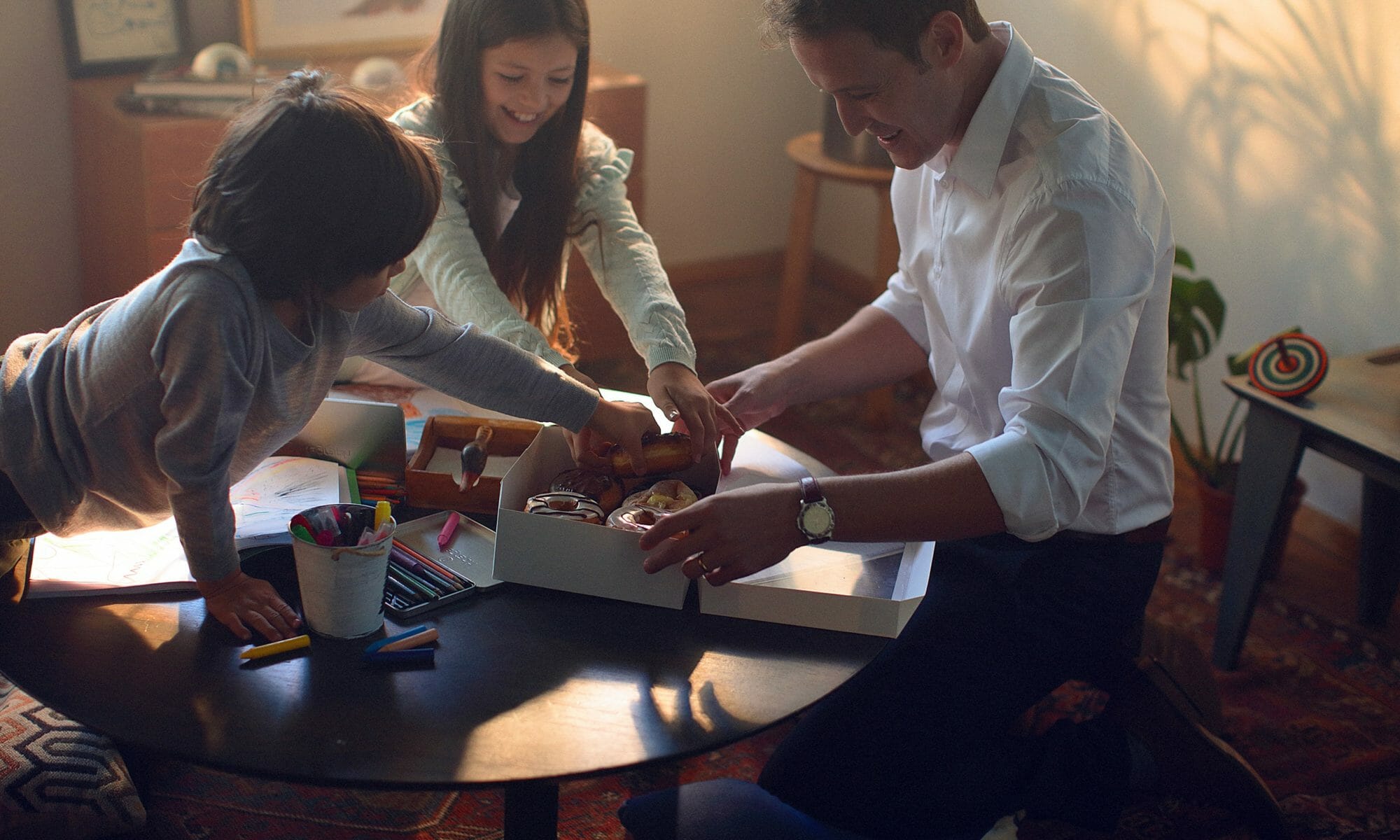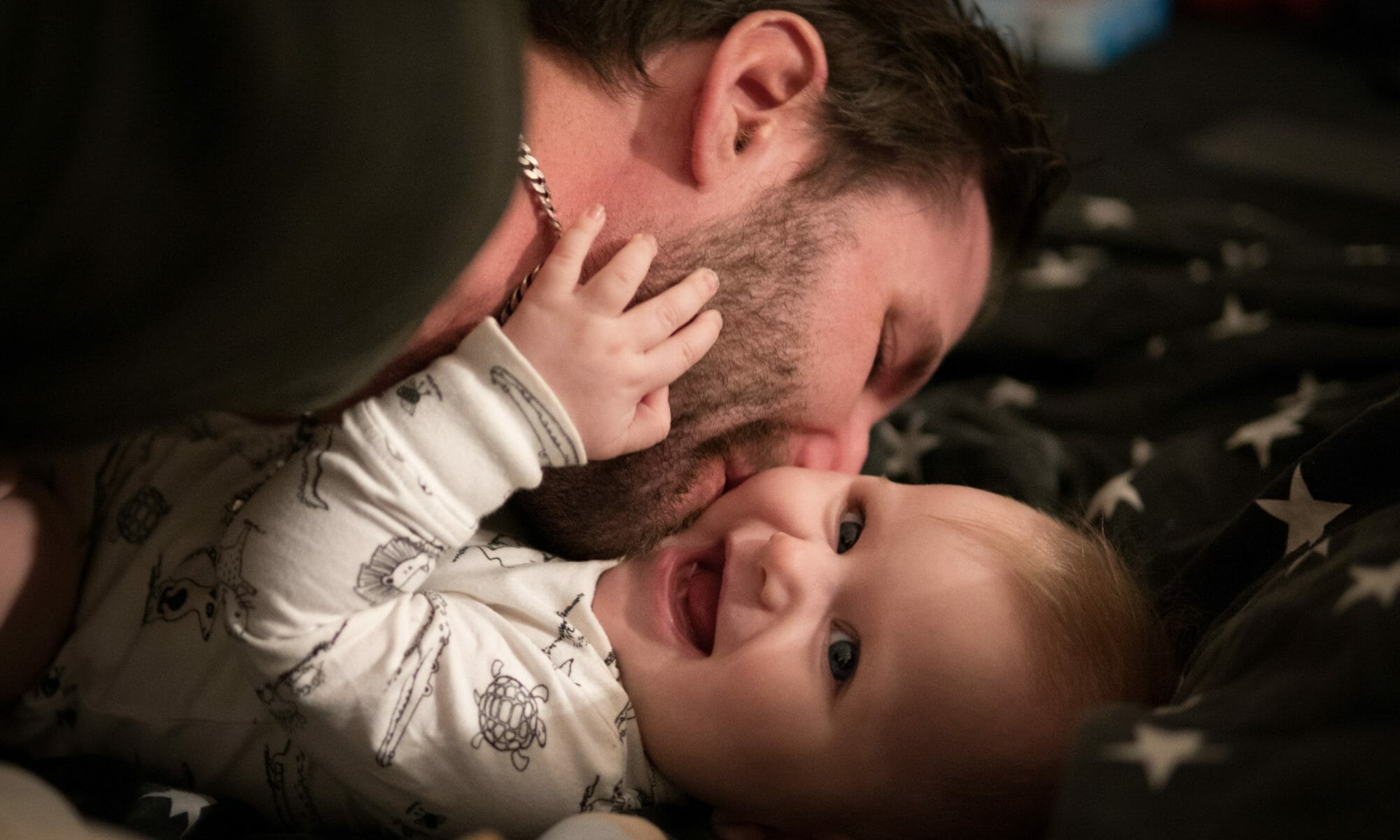We’ve all heard the infamous, albeit crude, divorce statistics in the US.
While divorce may be more common than we’d like, there’s something else those ex-couples have in common: getting divorced isn’t easy for any of them. In fact, it’s downright challenging and complicated—whether you’re splitting amicably or not. Unfortunately, many couples go through it, but that also means there’s a lot of insight into how to get through it more seamlessly.
For example, in this article, we provide a list of don’ts for those going through the harrowing divorce process. By observing and practicing these suggested guidelines, you can perhaps make your divorce smoother, allowing you and your ex-spouse to reach the other side with respect, dignity, and integrity.
Keep reading for advice about habits and actions to avoid at all costs when getting divorced.
1. Be Honest and Transparent
Now is not the time to lie or be vindictive, however tempting it may be.
In fact, lying about certain things like money, assets, or even debts, could be detrimental to your situation. You could potentially get charged with being in contempt of court if you knowingly do something like hiding assets or purchases or rack up credit card debt on your joint account. These actions are illegal.
Be honest about what you have, and try to avoid the tit-for-tat back-and-forth.
Rather than focusing on the little things, use your energy to focus on what matters—the more significant concerns like your home, your will, your children. At the end of the day, it won’t matter who ends up with the CD collection; it’ll matter that you came out free of legal charges.
2. Don’t Badmouth Your Ex-Spouse to the Kids
This action is bad for you, your ex-spouse, and especially your children.
Getting divorced is no easy thing for families. Kids are confused, scared, and resistant to the change that inevitably comes when their parents split. Avoid making it worse by badmouthing your spouse and forcing them to essentially choose sides.
Your children are human beings—not pawns in your divorce. Whenever you’re upset or angry, talk to someone like your attorney rather than your kids. The chances are that later, you’ll regret having said whatever you did anyway.
3. Try to Settle out of Court
Think getting divorced is cheap? Think again.
On average, divorces cost about $15,000 per person. This cost includes legal fees such as hiring an attorney, any court costs, a tax advisor, a child custody evaluator, and more. The factors that affect this cost are things like whether your divorce is contested or not, whether you have to navigate child custody, and whether there’s also alimony (among other factors).
You may be hesitant to hire a mediator, but it may be worth your time and money. If you can settle outside of court, you’ll be able to save yourself a lot of trouble, and especially the financial hit. If possible, try to do as much as you can outside of a courtroom.
Mediation can solve both small and large problems, and it gives you a voice. Additionally, without the litigation, intervention is typically much faster, allowing you and your ex-spouse to start moving on sooner. And of course, the costs are lower, making mediation a more affordable option for many.
Another bonus is that instead of allowing a lawyer to speak for you, you can speak for yourself.
Of course, if you and your ex-spouse have more complicated problems, such as an uncontested divorce, incidents of abuse, or difficulties coming to a custody agreement, you’ll likely need to hire an attorney. The point here is to solve as much as you can outside of the courtroom, remembering that it’s not your personal space to hash out battles.
4. Consider Your Divorce Like a Business Transaction
It may sound impersonal, but that’s the point!
If you’re undergoing the divorce process in a high emotional state, you’ll be more likely to do things you regret (like setting your ex-spouse’s clothes on fire).
But if you treat the situation like it’s a business transaction, that framework may allow you to approach situations in a calm, respectful demeanor. Using this mindset, you’ll be able to approach every moment like a clear-headed adult.
5. Avoid Telling the World You’re Getting Divorced
Stay off social media!
Okay, fine—you can still be in communication with friends and family on Facebook, and you can still post your food photos on Instagram. The main thing here is to avoid using social media to vent about your divorce online. This point is similar to not badmouthing your ex-spouse to your children—don’t do it to your audience of friends and family, either.
Avoid this not only because you’ll likely regret your actions later, but because this could be used as evidence against you. Similarly, any texts you send to your spouse can be used as evidence. Keep your words calm and respectful, or you could end up seeing your Facebook post blown up on slides in the courtroom.
Plus, you just don’t need the advice of your friends and family. Everyone’s divorce is different. The only people who understand your divorce are you and your ex-spouse.
6. Stop Putting Money Into Joint Accounts
This one may seem obvious, but it could be an overlooked action that winds up being a point of contention.
Once you understand that getting divorced is in your future, it’s time to separate your accounts. Set up your own bank account and begin putting your money there. You don’t want to worry about your ex-spouse taking from your joint account, or racking up a debt on your account, leaving you momentarily dry.
Advice your ex-spouse to do the same. In fact, anything that’s joint, separate it.
7. Don’t Compare Your Divorce to Others’ Divorces
If your parents got divorced in the ’70s or even your best friend in recent times, it still wouldn’t be anything like your divorce.
And, taking advice from someone who doesn’t fully understand your situation can be detrimental to your mindset.
This point is true for everything—any future relationships, your relationship with your parents, your children. Each one-on-one relationship is different from the next. Use your gut, your intuition, and your knowledge of the situation to navigate it smartly.
8. Stopping Communication With Your Ex Isn’t Always the Answer
Cutting ties isn’t always the answer unless of course, you’re dealing with an abusive ex-partner.
If not, however, communication is vital for navigating the divorce process.
Try to stay on the same page—this is what will allow you to have successful mediation sessions or come to custody agreements. As long as you each have boundaries about when to talk, and how to talk to each other, try not to stop communication entirely. This doesn’t mean you have to stay friends if it’s uncomfortable, but rather, approaching this in a business-like fashion, as we mentioned earlier.
9. Avoid Jumping Into a Fling or Another Relationship
It may feel like the right answer—get over your ex by getting with someone else, right?
Unfortunately, while it may feel good at the moment, it’s likely not going to feel good later. You need to take the time to process the situation. Additionally, self-care is essential at this time.
What are your hobbies? What do you love to do? What makes you feel alive?
Take this time to fall back into a relationship with yourself. Learn what it feels like to prioritize you and your well-being above all else. Focus on making yourself happy as much as possible during this time, practicing anything that makes you feel good.
10. Try to Resist Playing the Blame Game
This point is similar to the one about treating this like a business transaction.
Unless under extenuating circumstances, such as your ex-spouse was abusive, then it helps to remember that at one point, you two once loved each other. In reality, relationships can fall apart—they don’t always last. No one has to be to blame in this situation.
Rather, you’re two people who simply aren’t happy together anymore. You would both benefit from living separate lives. Once you accept this fact, it’ll be easier to overcome the hardship and begin to move on.
Most of All, Don’t Make This More Difficult Than It Has to Be
Getting divorced is hard enough without saying or doing things you’ll regret, using the children as pawns, or undergoing expensive court proceedings.
As difficult as it may be, try to remember the love you once had for this person, and when possible, use compassion. Remember, this is hard for your ex-spouse, too! If you can treat them with respect, they’ll be more likely to reciprocate. Avoid making this already trying situation more challenging than it needs to be.
For more insight into navigating the divorce process, keep reading the 2houses blog.

